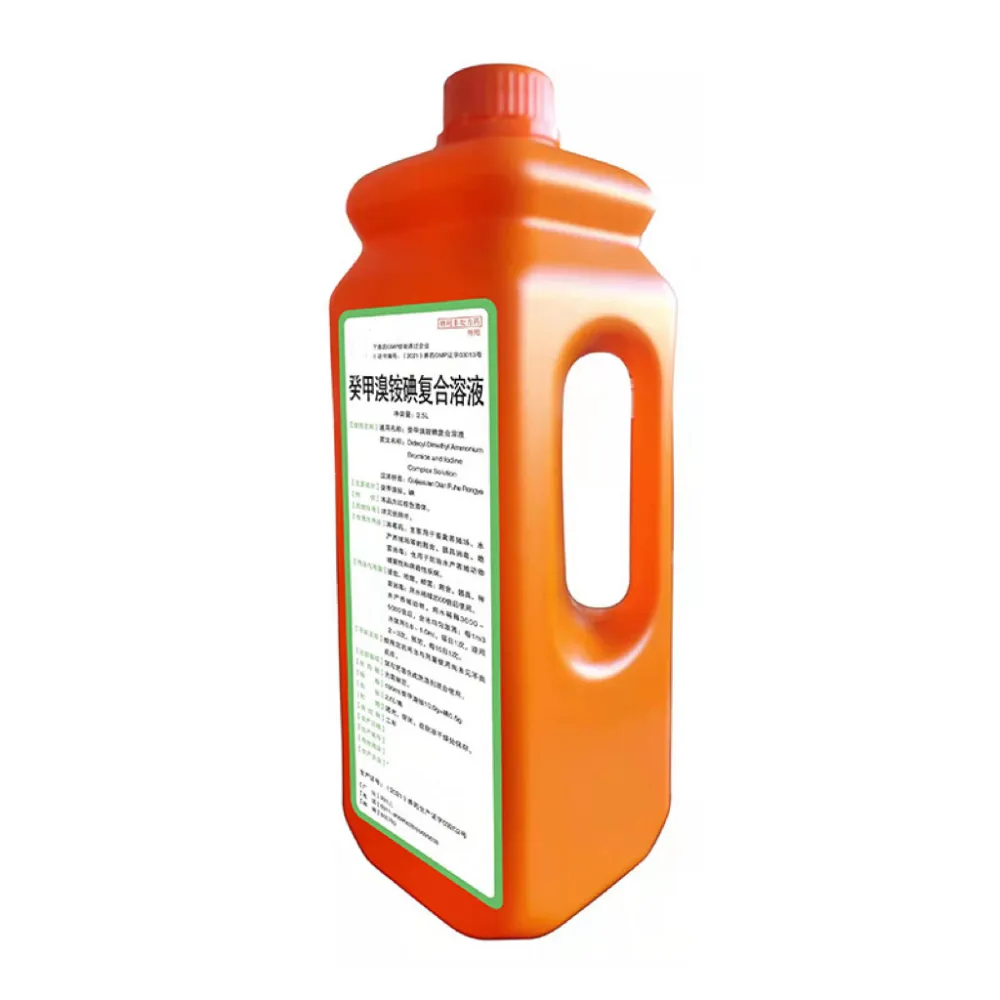- Afrikaans
- Albanian
- Amharic
- Arabic
- Armenian
- Azerbaijani
- Basque
- Belarusian
- Bengali
- Bosnian
- Bulgarian
- Catalan
- Cebuano
- Corsican
- Croatian
- Czech
- Danish
- Dutch
- English
- Esperanto
- Estonian
- Finnish
- French
- Frisian
- Galician
- Georgian
- German
- Greek
- Gujarati
- Haitian Creole
- hausa
- hawaiian
- Hebrew
- Hindi
- Miao
- Hungarian
- Icelandic
- igbo
- Indonesian
- irish
- Italian
- Japanese
- Javanese
- Kannada
- kazakh
- Khmer
- Rwandese
- Korean
- Kurdish
- Kyrgyz
- Lao
- Latin
- Latvian
- Lithuanian
- Luxembourgish
- Macedonian
- Malgashi
- Malay
- Malayalam
- Maltese
- Maori
- Marathi
- Mongolian
- Myanmar
- Nepali
- Norwegian
- Norwegian
- Occitan
- Pashto
- Persian
- Polish
- Portuguese
- Punjabi
- Romanian
- Russian
- Samoan
- Scottish Gaelic
- Serbian
- Sesotho
- Shona
- Sindhi
- Sinhala
- Slovak
- Slovenian
- Somali
- Spanish
- Sundanese
- Swahili
- Swedish
- Tagalog
- Tajik
- Tamil
- Tatar
- Telugu
- Thai
- Turkish
- Turkmen
- Ukrainian
- Urdu
- Uighur
- Uzbek
- Vietnamese
- Welsh
- Bantu
- Yiddish
- Yoruba
- Zulu
8 月 . 10, 2024 07:15 Back to list
Injectable Ivermectin Use in Goats for Effective Parasite Management and Health Improvement
Ivermectin for Goats Injectable Solutions for Parasite Control
Ivermectin is a widely used antiparasitic medication that effectively treats various internal and external parasites in livestock, including goats. This potent drug belongs to the macrocyclic lactone class and is highly regarded for its efficacy, safety, and versatility in veterinary medicine. Injectable ivermectin has become a popular choice among goat farmers for managing parasitic infections and enhancing herd health.
Understanding Ivermectin
Ivermectin works by disrupting the nervous system of parasites, leading to paralysis and death. Its broad-spectrum activity allows it to target a range of parasites, including gastrointestinal worms, lungworms, and external parasites such as mites and lice. The drug is particularly valuable in regions where goats are susceptible to heavy parasite burdens due to climatic conditions or farming practices.
Why Use Injectable Ivermectin?
While ivermectin is available in various forms, including oral and topical applications, the injectable formulation offers specific advantages. Injectable ivermectin has a rapid onset of action, providing immediate relief from parasitic infections. This can be crucial in cases of severe infestations where quick intervention is necessary to protect the health and productivity of the goats.
Another significant benefit of injectable ivermectin is its ability to provide a long-lasting effect. After administration, it remains effective in the system for an extended period, reducing the need for frequent treatments. This can save time and labor for farmers while ensuring goats remain healthy and productive.
Dosage and Administration
ivermectin for goats injectable

When using injectable ivermectin for goats, it is crucial to follow the recommended dosage and administration guidelines. The typical dosage for goats is around 0.2 mg/kg of body weight, administered subcutaneously or intramuscularly. It is essential to ensure accurate dosing based on the individual animal’s weight to avoid underdosing or overdosing, both of which can lead to ineffective treatment or adverse effects.
Before administering the injection, standard veterinary protocols should be followed. Ensuring proper hygiene and using sterile equipment can help prevent infections at the injection site. Additionally, farmers should monitor their goats for any signs of adverse reactions post-administration, although ivermectin is generally well tolerated.
Safety and Resistance
Ivermectin is considered safe for most goat breeds; however, caution should be exercised when treating pregnant or lactating goats. Consulting with a veterinarian is advisable to determine the best course of action in these cases.
Another important aspect to consider is the potential for parasite resistance. Over-reliance on a single antiparasitic agent can lead to the development of resistant parasite strains. To mitigate this risk, farmers should implement integrated parasite management strategies that include rotation of dewormers, pasture management, and regular fecal egg count monitoring to assess parasite levels.
Conclusion
Injectable ivermectin represents a vital tool in the prevention and treatment of parasitic infections in goats. With its fast-acting and long-lasting effects, it addresses a significant concern for goat farmers aiming to maintain herd health and productivity. By adhering to proper dosing guidelines and implementing comprehensive management strategies, goat owners can effectively utilize ivermectin to protect their animals and ensure sustainable farming practices. As with any veterinary medication, collaboration with a veterinarian is critical for ensuring the optimal health and welfare of the herd.
-
The Power of Radix Isatidis Extract for Your Health and Wellness
NewsOct.29,2024
-
Neomycin Sulfate Soluble Powder: A Versatile Solution for Pet Health
NewsOct.29,2024
-
Lincomycin Hydrochloride Soluble Powder – The Essential Solution
NewsOct.29,2024
-
Garamycin Gentamicin Sulfate for Effective Infection Control
NewsOct.29,2024
-
Doxycycline Hyclate Soluble Powder: Your Antibiotic Needs
NewsOct.29,2024
-
Tilmicosin Premix: The Ultimate Solution for Poultry Health
NewsOct.29,2024













